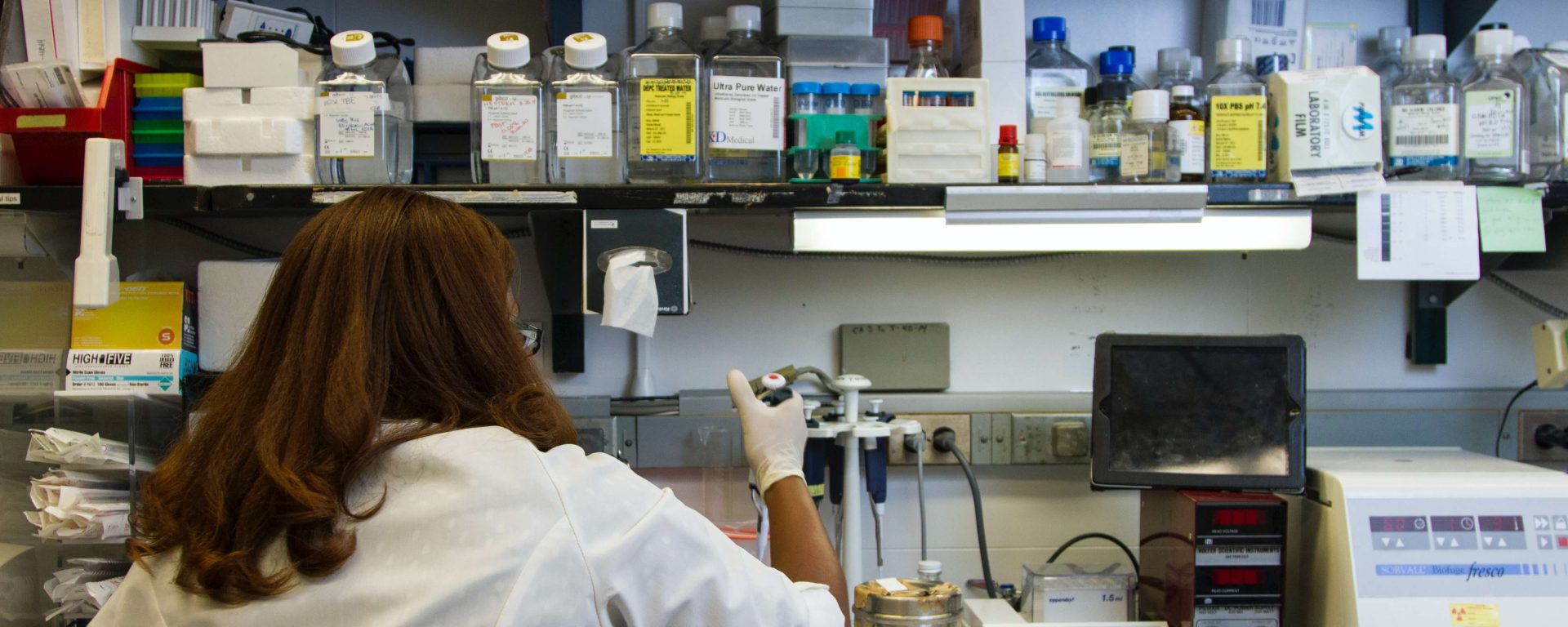People from diverse professional backgrounds gravitate towards earning a Master’s in Public Health (MPH) for very similar reasons! An MPH offers exciting career advancement opportunities, not to mention a way to make a poignant impact on the greater healthcare system. Often, it’s those who have a passion for helping others—as well as for equity, human rights, and the sciences—that find public health a fascinating and rewarding field. Registered nurses (RNs) looking to expand their area of expertise or make a career shift are excellent candidates for a public health degree.
Why would a nurse want to get an MPH? Here is what you should know!
1. RNs can exercise their skillset in new ways with a public health degree.
RNs work closely with patients in hospitals, physician’s offices, home healthcare, residential care facilities, universities, and government spaces. They work one-on-one with patients to evaluate health conditions, conduct tests, set up treatment plans, and coordinate follow-up care. The RN skillset is particularly transferable to a public health career. A nurse with an MPH degree might go on to work in public health education, infectious disease research, public health policy development, or advocacy. After time spent in clinical care, some nurses may seek a profession change and find new ways to apply their knowledge to the healthcare field. Public health is another perfect way to help keep global citizens healthy.
2. RNs can find variety by working in a public health setting.
Nurses who obtain an MPH degree might continue to work in a hospital or similar, clinical environments in which they’ve gained experience. Alternatively, they might choose to work for a community-based organization, a nonprofit global organization, or a private research center. According to key findings from a 2021-2022 de Beaumont Foundation study, most people who work in public health focus on the communicable diseases realm, followed by organizational competencies, maternal and child health, and environmental health, in addition to an “other” category.
3. RNs can become healthcare leaders with an MPH degree.
Specialization is a key to leadership. The more specific a person’s training and area of expertise is, the better chances they have to carve out a perfectly shaped niche. If you are concerned about making a choice, do not fret; some programs will help you choose! For example, Goodwin University offers three specializations within its 42-credit MPH program. You can decide whether global health, community health, or health policy & management is the right career path for you.
4. RNs will find great salary potential with an MPH.
The RN to MPH salary potential is high, no matter which path you take. Whether you decide to use your MPH to become a biostatistician, a public health officer, or an epidemiologist, there are excellent salaries available in the public health field. For example, public health service managers make, on average, $101,340 annually. Epidemiologists make an average of $86,740 annually, and emergency management directors make an average of $84,800 per year. With a strong background in nursing, plus an MPH degree, well-paying roles like these are within reach!
5. A BSN can get you to the finish line when applying to an MPH program.
MPH admissions requirements can get complicated when considering a master’s degree. At the least, a bachelor’s degree is typically required. If you already have a Bachelor’s in Nursing (BSN), you are already equipped for admission into an MPH program. A statement of goals or essay of interest is also needed, along with other technical details like a resume, immunizations, transcripts, and an application. Some universities require GREs, while others realize that experience and intention speak just as loudly.
6. Population health is closely tied to social justice.
Many RNs decide to pursue nursing thanks to their deep care for people. This passion serves nurses well in the public health field, too, where it is possible to make a real difference in communities. Public health nurses help increase access to quality healthcare for vulnerable populations, generate culturally respectful public health education, and encourage ethical decision-making and inclusive policies for populations in need.
The American Public Health Association posits that racism and inequity inhibit America from becoming the healthiest nation, due to intrinsic disadvantages for population segments. In the most apparent recent example, the COVID-19 pandemic demonstrated that nations are stronger together and weaker without respect for global cross-border requirements. As the National Academies of Sciences, Engineering, and Medicine in Washington D.C. explains, investing in other countries’ health prosperity offers a boon for the United States and results in greater predictability in the world.
7. An MPH degree is rewarding, right away.
RNs who hope to get ahead with an MPH degree should know that it is possible to earn an MPH quickly, flexibly, and affordably, with online, part-time, and accelerated master’s programs. You could earn your MPH within 12-15 weeks! Choosing to attend class part- or full-time means more choice for each student and their individual scheduling needs and goals.
An RN to MPH choice could be the professional transition you’re looking for to advance your career in nursing and increase your impact on the U.S. healthcare system. Request more information from Goodwin University today by calling 800-889-3282, or visit our MPH program online to learn more!
Goodwin University is a nonprofit institution of higher education and is accredited by the New England Commission of Higher Education (NECHE), formerly known as the New England Association of Schools and Colleges (NEASC). Goodwin University was founded in 1999, with the goal of serving a diverse student population with career-focused degree programs that lead to strong employment outcomes.

